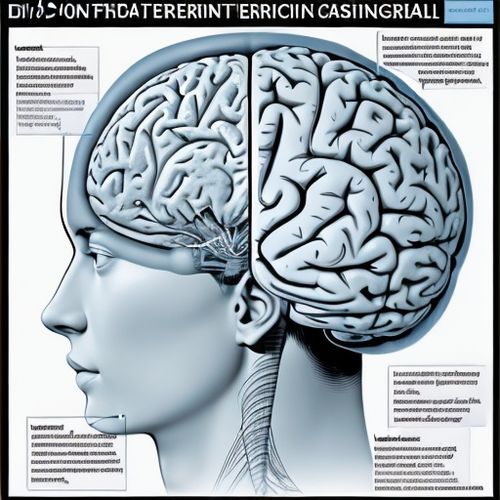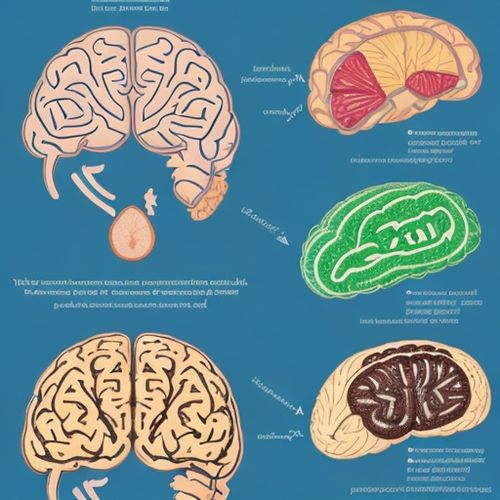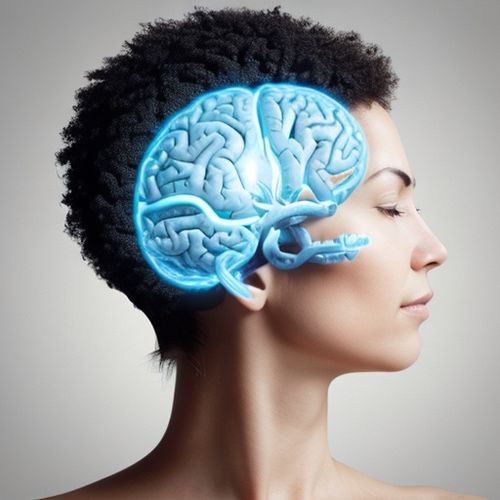In the rapidly evolving landscape of healthcare, the integration of Artificial Intelligence (AI) has emerged as a transformative force, promising to revolutionize every aspect of the medical ecosystem. From diagnostics and treatment to supply chain management and patient care, AI is poised to enhance efficiency, accuracy, and personalization. This article explores how AI is being integrated across the full chain of healthcare, from research and development to patient outcomes, and the potential benefits and challenges that come with this technological revolution.
AI in Clinical Decision-Making and Diagnostics
AI has already begun to transform clinical decision-making and diagnostics by providing powerful tools that augment human capabilities. Machine learning algorithms can analyze vast amounts of medical data, including electronic health records, imaging studies, and genetic information, to identify patterns and make predictions that can assist healthcare providers in making more informed decisions. For example, AI-driven systems can help diagnose diseases such as cancer, diabetes, and cardiovascular conditions with greater accuracy and speed than traditional methods.
In radiology, AI algorithms can analyze medical images to detect abnormalities that might be missed by human eyes, leading to earlier and more accurate diagnoses. Similarly, in pathology, AI can analyze tissue samples to identify cancerous cells more reliably, potentially improving patient outcomes. These advancements not only enhance diagnostic accuracy but also enable more personalized treatment plans tailored to individual patients' needs.
AI in Hospital Operations and Management
Beyond diagnostics, AI is also optimizing hospital operations and management. AI-driven systems can streamline administrative tasks, improve patient flow, and enhance scheduling efficiency, leading to better resource utilization and reduced waiting times. For example, AI can predict patient admissions and discharges, allowing hospitals to optimize bed allocation and staff scheduling.
Moreover, AI can enhance patient care through remote monitoring and virtual assistance. Wearable devices and IoT (Internet of Things) technologies, combined with AI, can monitor patients' vital signs in real-time, providing early warnings of potential health issues and enabling timely interventions. Virtual nursing assistants powered by AI can also provide personalized care recommendations and support, improving patient engagement and satisfaction.
AI in Medical Research and Drug Development
AI is also making significant strides in medical research and drug development. AI algorithms can analyze large datasets to identify potential drug candidates more efficiently, reducing the time and cost associated with traditional drug discovery processes. Machine learning can also predict patient responses to treatments, helping researchers design more effective clinical trials.
In the long term, AI has the potential to enable precision medicine by integrating genomic, proteomic, and clinical data to develop personalized treatments for complex diseases. This shift towards data-driven, personalized healthcare could significantly improve patient outcomes and reduce the burden of chronic diseases.
AI in Healthcare Supply Chain Management
The integration of AI in healthcare supply chain management is another area of significant innovation. AI can optimize supply chain operations by enhancing demand forecasting, reducing supply shortages, and minimizing waste. For example, AI algorithms can analyze data across multiple points to predict risks such as backorders, shortages, and delays, allowing healthcare organizations to develop contingency plans and ensure the timely delivery of critical supplies.
AI can also optimize logistics and distribution by dynamically adapting to unexpected disruptions, such as traffic delays or weather conditions, recalibrating routes and schedules in near real-time. This improved visibility and adaptability can significantly boost logistics efficiency and support seamless operations.
Ethical Considerations and Challenges
While the potential benefits of AI in healthcare are vast, there are also significant ethical considerations and challenges that need to be addressed. Data privacy and security are paramount, as AI systems rely on large amounts of sensitive patient data. Ensuring that this data is protected and used ethically is crucial for maintaining patient trust and compliance with regulations such as HIPAA (Health Insurance Portability and Accountability Act) in the United States.
Bias in AI algorithms is another critical issue. AI systems are only as good as the data they are trained on, and biased data can lead to biased outcomes, potentially exacerbating existing health disparities. Therefore, it is essential to develop and implement AI systems that are transparent, accountable, and free from bias.
The Future of AI in Healthcare
Looking ahead, the future of AI in healthcare is promising but requires a collaborative effort from various stakeholders, including technology developers, healthcare providers, policymakers, and patients. By leveraging AI technologies, healthcare delivery can become more efficient, data-driven, and patient-centric. However, realizing this potential requires careful consideration of ethical implications and the development of robust guidelines and regulations to ensure the responsible use of AI.
In the short term, AI will continue to automate repetitive tasks, enhance diagnostic accuracy, and improve patient care through remote monitoring and virtual assistance. In the medium term, AI will drive precision therapeutics by integrating multi-modal datasets and enabling more personalized treatments. In the long term, AI has the potential to achieve a state of precision medicine through AI-augmented healthcare and connected care, fundamentally transforming the way healthcare is delivered.
The integration of AI across the full chain of healthcare represents a significant step forward in improving patient outcomes, enhancing operational efficiency, and driving medical innovation. From clinical decision-making and diagnostics to supply chain management and patient care, AI offers unparalleled opportunities to transform the healthcare landscape. However, this transformation must be guided by ethical principles and a commitment to ensuring equitable access and patient safety. By embracing AI responsibly and thoughtfully, we can create a future where healthcare is more personalized, efficient, and effective, ultimately improving the lives of patients and healthcare providers alike.

By Lily Simpson/Apr 23, 2025

By Lily Simpson/Apr 23, 2025

By George Bailey/Apr 23, 2025

By Ryan Martin/Apr 23, 2025

By David Anderson/Apr 23, 2025

By Victoria Gonzalez/Apr 23, 2025

By Benjamin Evans/Apr 23, 2025

By Christopher Harris/Apr 23, 2025

By Olivia Reed/Apr 23, 2025

By Emma Thompson/Apr 23, 2025

By John Smith/Apr 23, 2025

By Emily Johnson/Apr 22, 2025

By Samuel Cooper/Apr 22, 2025

By Olivia Reed/Apr 22, 2025

By Sophia Lewis/Apr 22, 2025